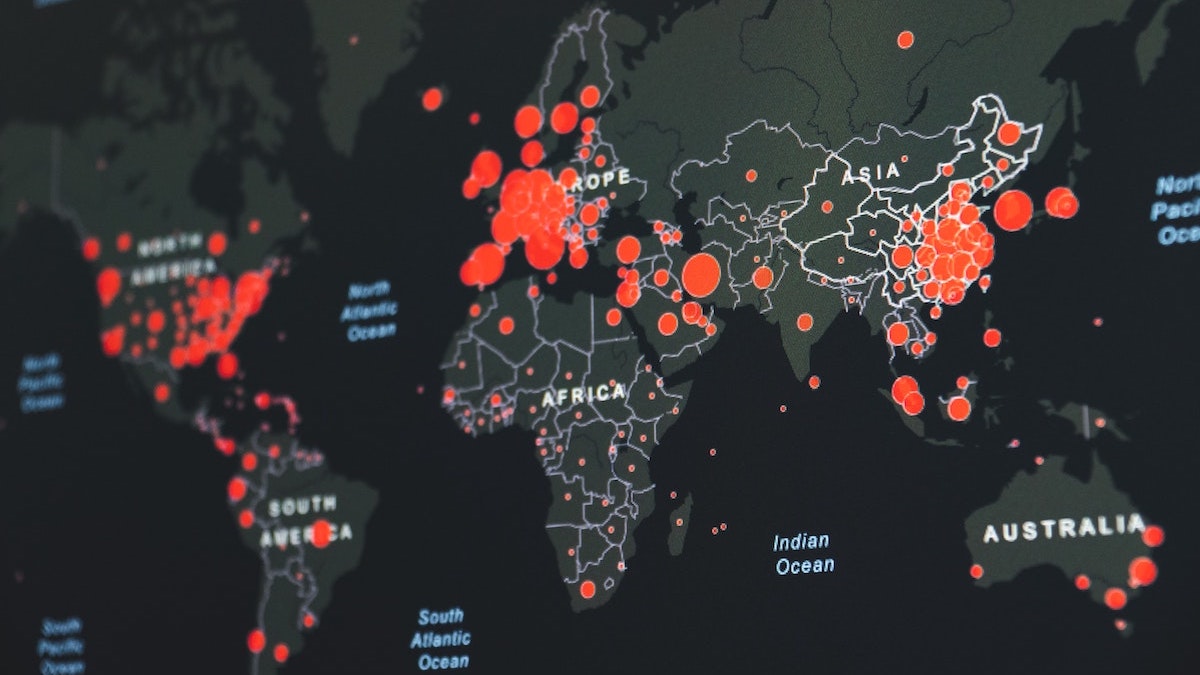
Today, only 54% of the world has access to the internet. As the globe grapples with the Covid-19 pandemic, billions of people around the world are cut off from vital information on health and safety, online learning opportunities, and virtual connections to loved ones.
Staggering digital inequality — between the haves and have-nots, rural and urban areas, men and women, and the Global North and Global South — has become even more glaring in the light of this crisis.
We must double down on our efforts to expand affordable and meaningful connectivity for all.
A4AI members and partners are taking urgent actions to respond to this global emergency — in line with the recommendations outlined in our latest policy brief.
We’ll continue to update this list with the powerful efforts of our members and partners. We welcome your support and engagement as we continue this work — please get in touch.
Governments
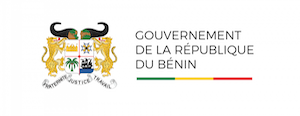
Benin: The government passed a law to suspend the termination of SIM cards during this emergency, even if payments are overdue, to ensure all citizens have access to relevant information.
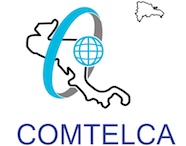
COMTELCA: The Central American telecoms commission, COMTELCA, issued a set of international good practices on access that its members should adopt, including freeing up spectrum and downgrading online contents to lower resolution.
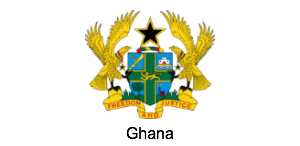
Ghana: The government is zero-rating critical websites that provide Covid-19 awareness and safety protocols, while also offering additional data packages for access to educational websites and government portals that provide essential services to citizens.
The Ministry of Communications and National Communications Authority freed up spectrum for mobile operators to improve traffic.
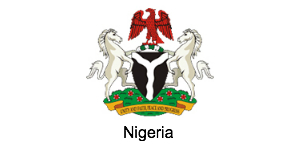
Nigeria: The National Information Technology Development Agency in Nigeria is launching a new initiative to provide affordable internet access to tech companies providing essential services during the emergency.
Companies

Facebook: Facebook is supporting the global public health community’s work to keep people safe and informed by fighting misinformation and providing a platform for neighbors and communities to offer help.
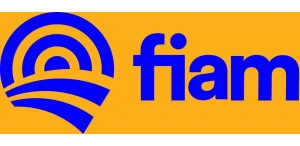
Fiam WiFi: Fiam WiFi — a Nigeria-based ISP company that provides affordable services for high density, low-income areas and rural communities — has launched social media campaigns that share vital health information with users of their WiFi hotspots.
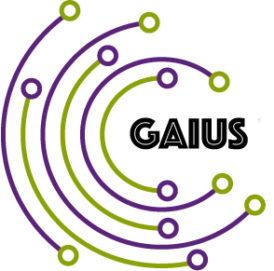
GAIUS Networks: GAIUS Networks — a decentralised platform serving highly localized content — is working with health organizations and other stakeholders in the US, Botswana, India and Kenya to share critical and potentially life saving healthcare information with communities using the platform.

GSMA: GSMA is providing on-going updates and guidance for its industry members and partners on good practices for mobile connectivity during COVID-19, such as on regulatory recommendations, as well as updates and guidance for mobile ecosystem players in low- and middle-income countries during this emergency.

Huawei: Huawei has responded to the Covid-19 pandemic in a variety of ways. The company is working with mobile operator partners globally to increase network traffic capacity (in both voice and data) and ensure mobile network stability. Huawei is also providing healthcare service providers and educational organizations with free software, such as video conferencing systems and Cloud services.
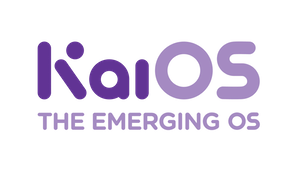
KaiOS: KaiOS is a mobile operating system that powers more than 100 million smart feature phones, mostly in developing countries. To equip KaiOS users with trusted information, they now have a CoV tab in their Life app. It will share dos and don’ts, myths about the virus, and links to trusted sources like UNICEF and the World Health Organization.
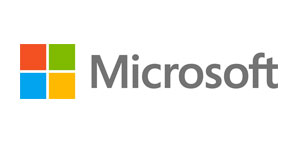
Microsoft: Microsoft is supporting the well-being of communities around the world by helping people stay connected and combat misinformation; offering free software to improve remote work; and providing tools and free educational content to help online learning and education.
Public Private Partnerships

Ghana: The Ghana Chamber of Telecommunications is working closely with the National Communications Authority and the Ministry of Communications to guarantee internet service availability.
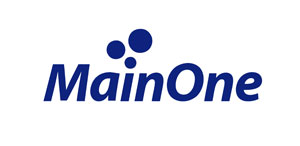
MainOne: MainOne, West Africa’s leading connectivity and data center solutions provider, has partnered with the Lagos State Government and National Center for Disease Control (NCDC) to provide high speed connectivity infrastructure to the government’s Covid-19 Command Center and isolation facilities.
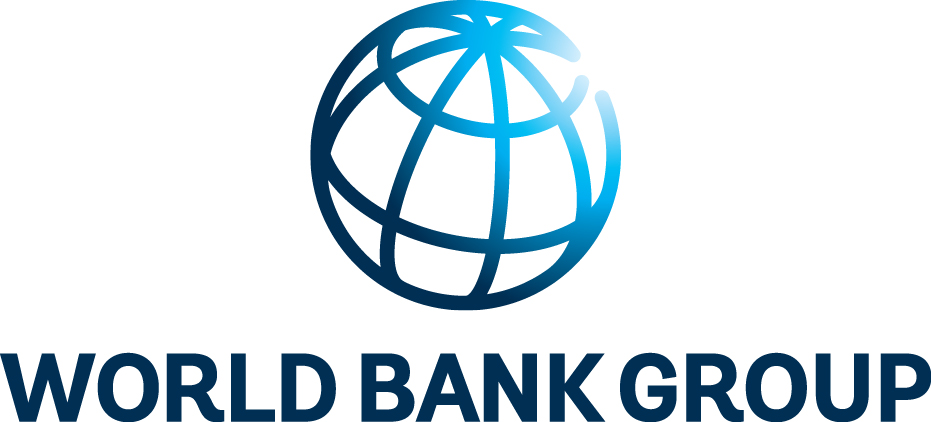
World Bank: The World Bank Group launched an emergency coronavirus fund to support countries with a range of initiatives, including making remote learning available for 50 million children in Pakistan.
Civil Society Organizations
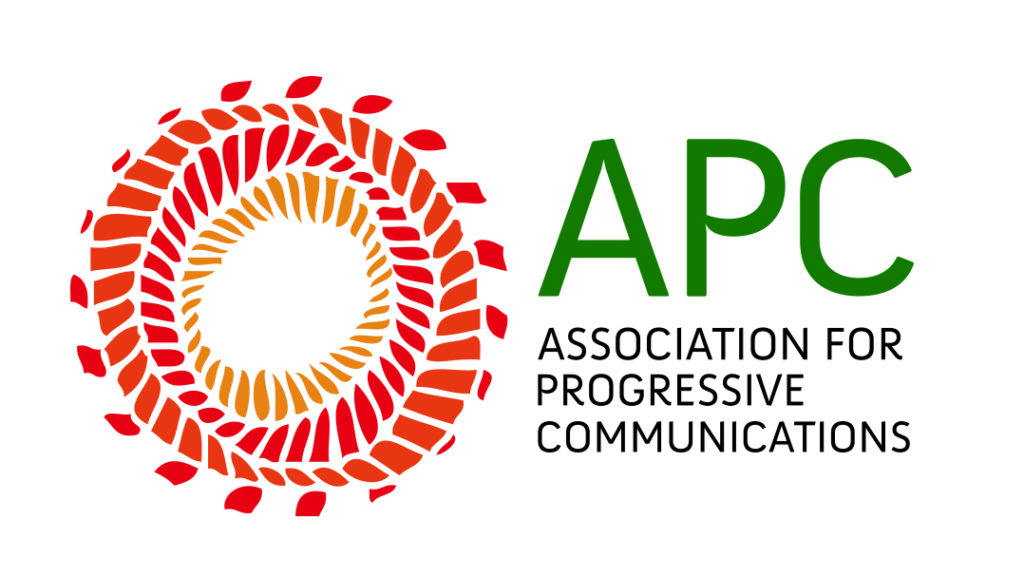
Association of Progressive Communications (APC): APC is regularly populating a resource page containing content shared by its members and partners on good practices for remote work and supporting human rights online in times of crisis.
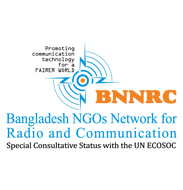
Bangladesh NGOs Network for Radio and Communication (BNNRC): The COVID -19 demands cooperation among government, CSOs, local business communities, multi-stakeholders. BNNRC is working to reach rural communities in Bangladesh with life-changing information through community radio. BNNRC is covering the following issues: to encourage and reinforce collective action among CSOs, governments, health service providers and communities; to keep community people’s daily life normal and livelihood function; and to mobilize further cooperation among governments, CSOs, local market and communities’ responses to COVID-19.

Center for Multilateral Affairs (CfMA): CfMA is conducting policy analysis on the implications of Covid-19 in Uganda and elsewhere in Africa, including its effect on human security, economy and health.
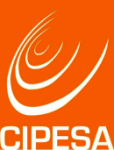
Collaboration on International ICT Policy for East and Southern Africa (CIPESA): CIPESA is documenting how digital technologies are aiding the fight against the pandemic in Africa and tracking how governments are using surveillance tools to slow the spread.
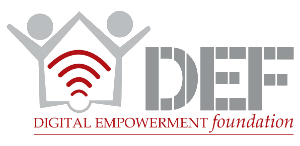
Digital Empowerment Fund (DEF): DEF launched the Digital Emergency Relief Program in India. The program will use the 600+ existing information resources centers and 10,000+ trained engineers and volunteers to enable virtual emergency and essential services; teach digital skills; and fight misinformation across the rural areas of 25 states. Internet bandwidth support will be extended to facilitate telehealth services, along with consultation and counselling.
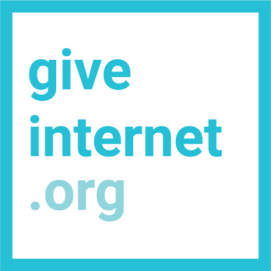
GiveInternet.org: As part of GiveInternet.org and its sister organization EducareGeorgia.org’s Covid-19 response, the nonprofits in Republic in Georgia are aiming to provide internet access and laptops for up to 200 high school students; upload 5,000+ video lessons in the local language; and encourage mobile operators to zero-rate this content.
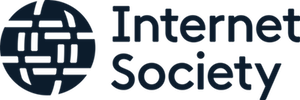
Internet Society: Internet Society and its local chapters are speaking up on behalf of those who lack access to ensure connectivity for all, as well as sharing knowledge on good practices on topics including child online safety.

Youth for Technology (YTF): YTF launched several initiatives in response to COVID-19. To support innovators to design, innovate around products and prototypes that can be used to curb the pandemic in Africa, YTF launched a Covid19 Designathon. YTF is also increasing access to education and information by launching a healthbot on its Facebook page, as well as making its Digital Literacy curriculum available on Kolibri so that primary and secondary school students in Nigeria and Kenya can access the content offline.
We’ll continue to update this list. Are you an A4AI member or partner leading a great initiative to keep people connected during this crisis? Share it with us!
For more updates on our work, follow us on Twitter at @a4a_internet.
Leave a Reply
